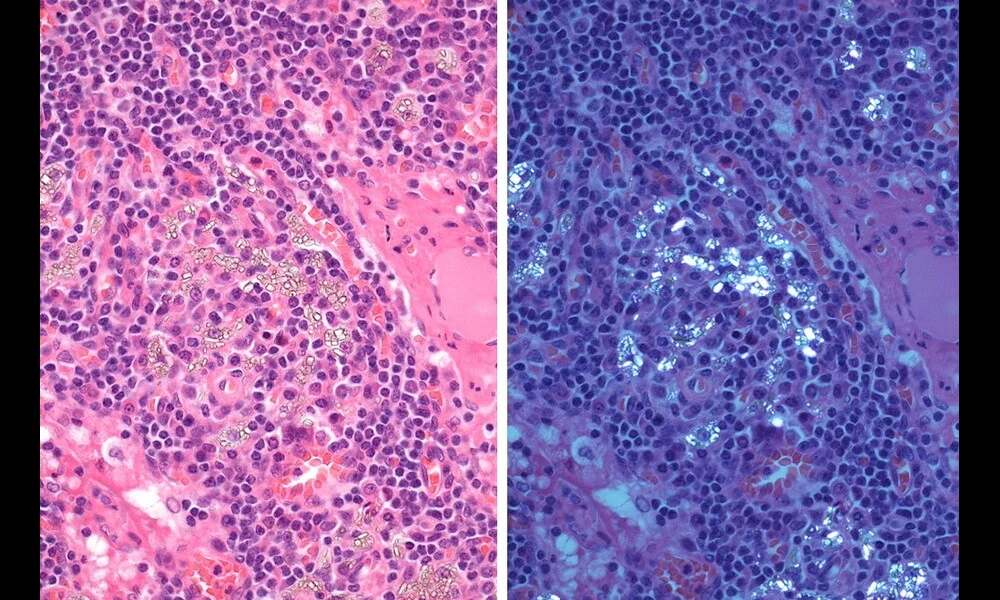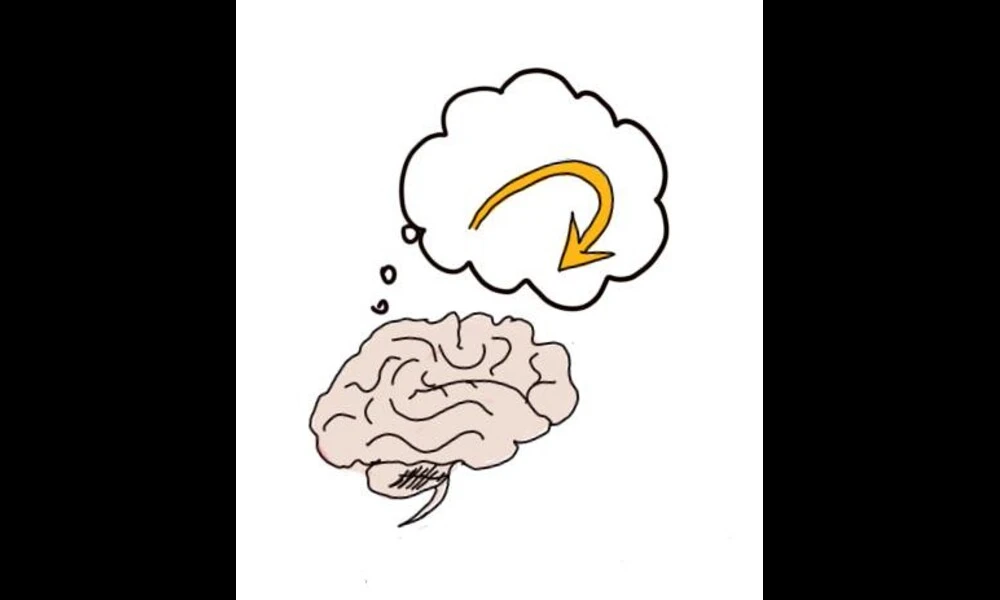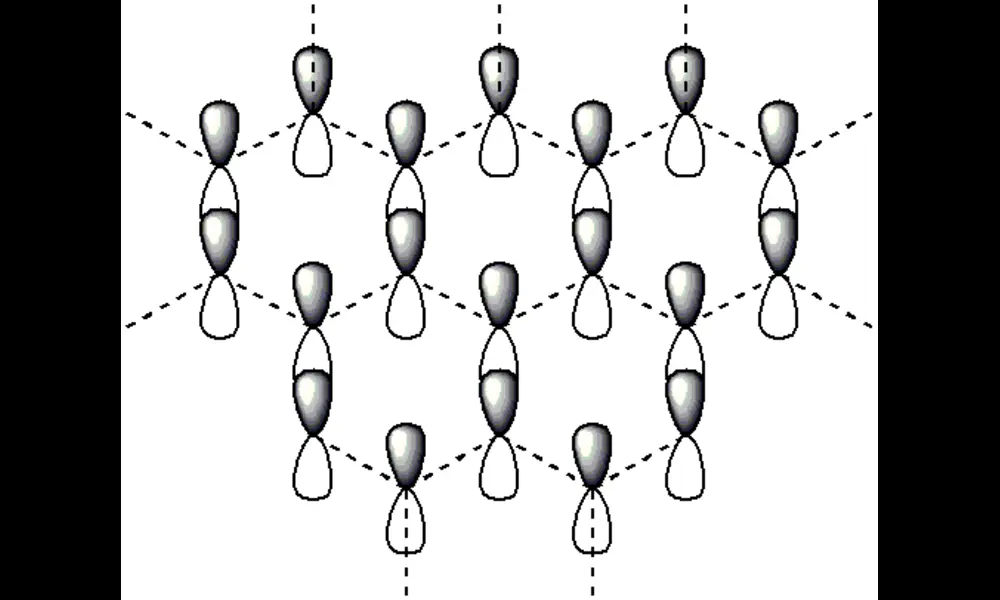How Misnaming Can Hinder Medical Progress
Published on Sat Nov 18 2023 Cystinosis - Lymph node | Atlas of Medical Foreign Bodies on Flickr
Cystinosis - Lymph node | Atlas of Medical Foreign Bodies on FlickrA recently published preprint paper titled "Transplant arteriosclerosis: an enigmatic disease due to a misnomer" questions the impact of disease naming on our ability to understand and effectively treat certain conditions. The authors argue that misnaming diseases can hinder our comprehension of their underlying causes, impeding progress in prevention and treatment. By examining the example of transplant arteriosclerosis, a major cause of organ transplant failure, the paper highlights the potential consequences of using inaccurate or inappropriate disease names.
Solid organ transplantation has become a common medical procedure, but the loss of donor organs due to chronic rejection, particularly transplant arteriosclerosis, remains a significant challenge. The conventional understanding of transplant arteriosclerosis as a form of chronic rejection has shaped our approach to studying and treating the disease. However, despite advancements in anti-rejection treatments, these strategies have not been effective in combating transplant arteriosclerosis. As a result, the number of transplanted hearts lost to this disease remains unchanged over the past fifty years.
The paper delves into the issue of misnaming diseases and its potential consequences. While inappropriate disease names can stigmatize specific communities, the authors argue that the harm extends beyond that. Misnaming diseases can impede our understanding of their pathogenesis, making it difficult to develop effective prevention and treatment strategies. The paper refers to examples in the field of cancer and mental health to illustrate the impact of misnaming on research and communication within the medical community.
Drawing upon the hypothesis of linguistic relativity, the paper explores how language shapes our perception and cognition. Language not only serves as a descriptor but also influences how we interpret and act upon the world. The authors cite examples where the name of an object or situation, despite being incorrect, significantly affects behavior and decision-making. This raises the question of whether disease names can similarly impact our understanding and approach to studying diseases.
Applying these ideas to transplant arteriosclerosis, the authors argue that the misnaming of the disease as "chronic rejection" has limited our ability to comprehend its underlying causes. This misconception has hindered the development of effective treatments, leading to little improvement in transplant success rates over the past five decades. They propose that a departure from the existing alloimmunity model and a reconsideration of disease naming conventions are crucial for making progress in combating transplant arteriosclerosis.
The preprint paper challenges the conventional approach to disease naming and emphasizes the potential implications for medical progress. By highlighting the case of transplant arteriosclerosis, the authors demonstrate how inappropriate or misleading disease names can obstruct our understanding and hinder the discovery of effective treatments. The paper urges the medical community to consider the significance of disease names and their impact on research and healthcare. Rethinking disease naming conventions could open up new avenues for exploration, potentially transforming our ability to prevent and cure complex diseases like transplant arteriosclerosis.



